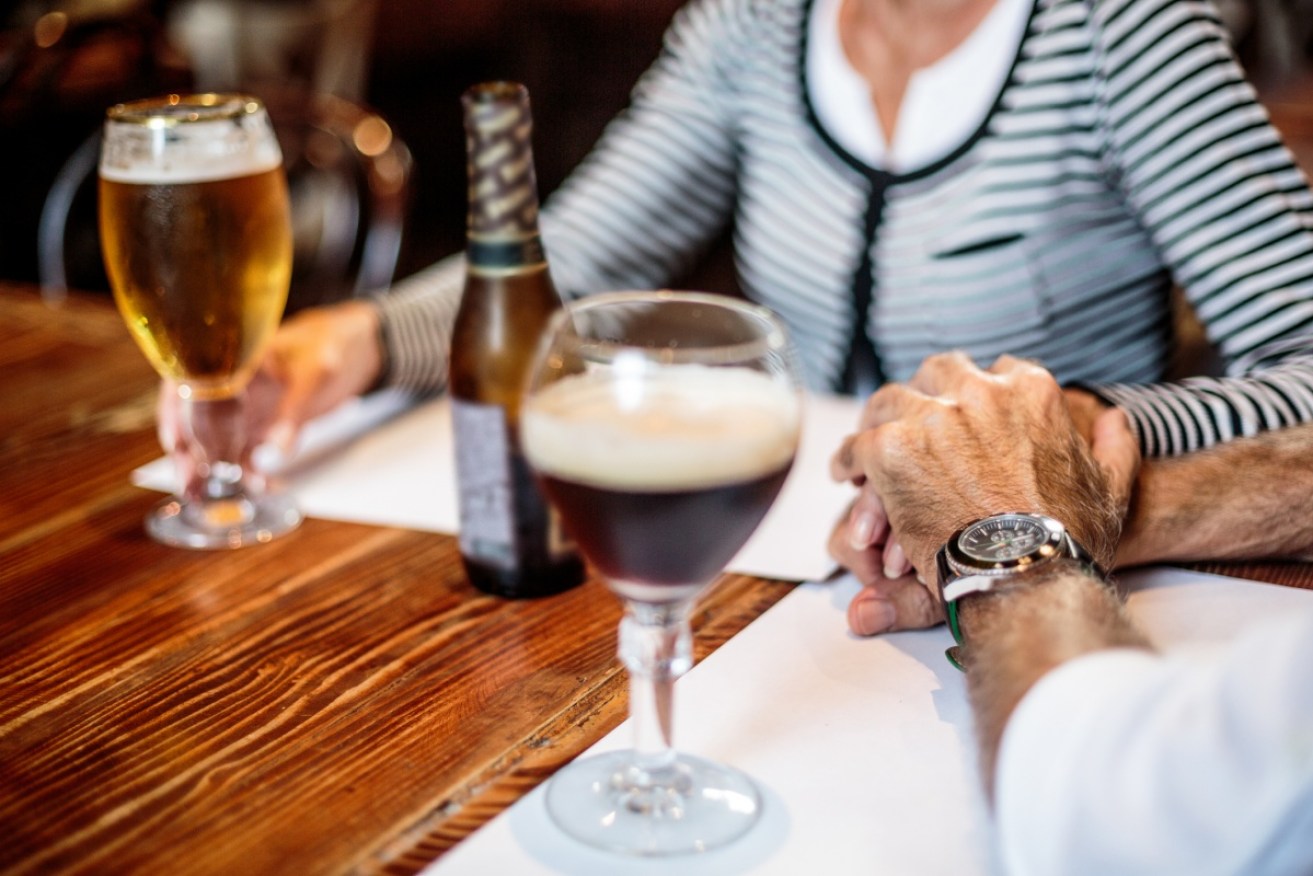Doctors sound alarm on over-50s’ alcohol intake


Photo: Getty
An increasing number of older people are drinking to dangerous levels – an issue that’s raising red flags for doctors in Australia and overseas.
Up to 40 per cent of older people are drinking five or more times a week, and binge drinking, which puts them at higher risk of illness and disease, according to a study by New Zealand’s Massey University.
GP and addiction specialist Dr Hester Wilson told The New Daily that local evidence pointed to a similar worrying trend in Australia.
“There’s always a lot of interest in binge drinking in young people but … the group of people who’s drinking levels have not changed or increased are older Australians,” she said.
Women in their 50s were leading this harmful trend for the first time, Dr Wilson said.
“[There are] women in their 50s who really are just starting to drink a little bit more, because they can,” she said.
“But our bodies don’t bounce back in the same way, our livers don’t bounce back in the same way, and we really feel the effects of alcohol as we get older.
“Also we’re more likely to be on medications or have medical conditions that actually increase our risk.”

Australian women over 50 are drinking more than ever, a study has found. Photo: Getty
The latest Australian figures on drinking habits suggest that excessive drinking (more than two standard drinks a day) increased from 11.2 per cent in 2007 to 13 per cent in 2016 in women aged 50-59 years old.
While this is only a modest increase, it means women in this age group are overtaking 18-24 year olds in this category for the first time.
The National Drug Strategy Household Survey (2016) also found that women aged 40-49 years old had the highest level of risky drinking (lifetime risk) among older women – although this was down slightly in 2016.
More people in their 50s and 60s were consuming 11 or more standard drinks on a single occasion, the survey revealed.
By contrast, risky drinking levels in younger women had fallen 15 per cent in the past decade.

Percentage of females exceeding two drinks a day, by age, in 2007-2016. Photo: NDSHS
Some of these women were more vulnerable to alcohol abuse than others, according to addiction experts.
Recent loss of a loved one, social isolation and retirement were all possible triggers that might lead to alcohol abuse in some women.
Writing in a 2017 editorial in the BMJ, British and Australian researchers, said people usually fell into one of three groups: maintainers, survivors and reactors.
Maintainers have unchanged lifetime patterns and have been drinking consistently for years. Survivors are long-term problem users, while reactors are people who take up or increase their risky drinking behaviours later in life.
“Baby boomers have set up their drinking habits 30 years ago and they still continue to drink that way, and they don’t consider that what they’re doing is risky,” Dr Wilson said.
“The classic example I see in middle-aged women in my practice is that the woman will come home, she’s getting dinner ready for the family, opens a bottle of wine, she has a glass while she’s preparing the meal … and low and behold she’s had more than four standard drinks.”
“It’s a different kind of drinking, but it’s no less hazardous for your health.”
She said a good way to cut down on harmful levels of drinking was to try a few alcohol-free nights.
Dr Wilson also encouraged people – regardless of fitness or health status – to talk to their doctor about their drinking habits as any amount of alcohol might still affect an individual’s long-term disease risk.








